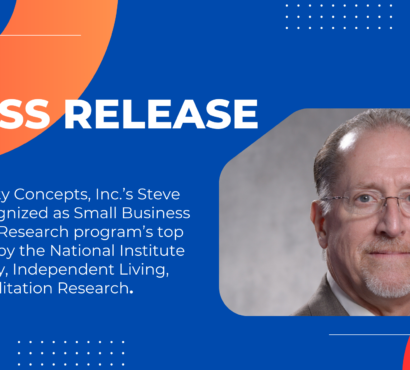
We all know that enabling technology is helping to improve the quality of life for people with diverse abilities. By now, you’ve probably heard us talking about how it also lessens the workload today’s care providers are tasked with. But did you know that enabling technology can actually help the value proposition service providers off their clients and stakeholders? Let’s explore the possibilities!
1. Enhanced Communication: Enabling technology, such as communication apps and assistive devices, can improve communication between service providers and individuals with intellectual disabilities. This can help in understanding their needs, preferences, and goals, leading to more personalized and effective support.
2. Streamlined Documentation and Reporting: Technology solutions like electronic health records (EHR) and case management systems can automate and streamline documentation and reporting processes. This reduces administrative burden, improves accuracy, and allows providers to focus more on delivering quality care.
3. Remote Support and Telehealth: Enabling technology enables remote support and telehealth services, allowing providers to reach individuals in remote areas or those who have difficulty accessing in-person services. This expands the reach of services and improves convenience for individuals and their families.
4. Personalized Care Plans: Technology can facilitate the creation and management of personalized care plans for individuals with intellectual disabilities. Providers can leverage data and analytics to develop customized (and proactive) care plans and tailored interventions. They can continually track progress, and make data-driven decisions to improve outcomes.
5. Training and Professional Development: Technology-based training platforms and e-learning tools can enhance the skills and knowledge of service providers. This ensures they stay up-to-date with the latest research, best practices, and interventions, ultimately improving the quality of care provided.
6. Data Analysis and Insights: Enabling technology allows providers to collect and analyze data on various aspects of their service delivery. This can help identify trends, measure outcomes, and make data-driven improvements to service models which in turn, results in better outcomes for individuals served.
Overall, enabling technology empowers providers of intellectual disability services to deliver more personalized, efficient, and effective care, ultimately improving the value they provide to individuals and their families.


